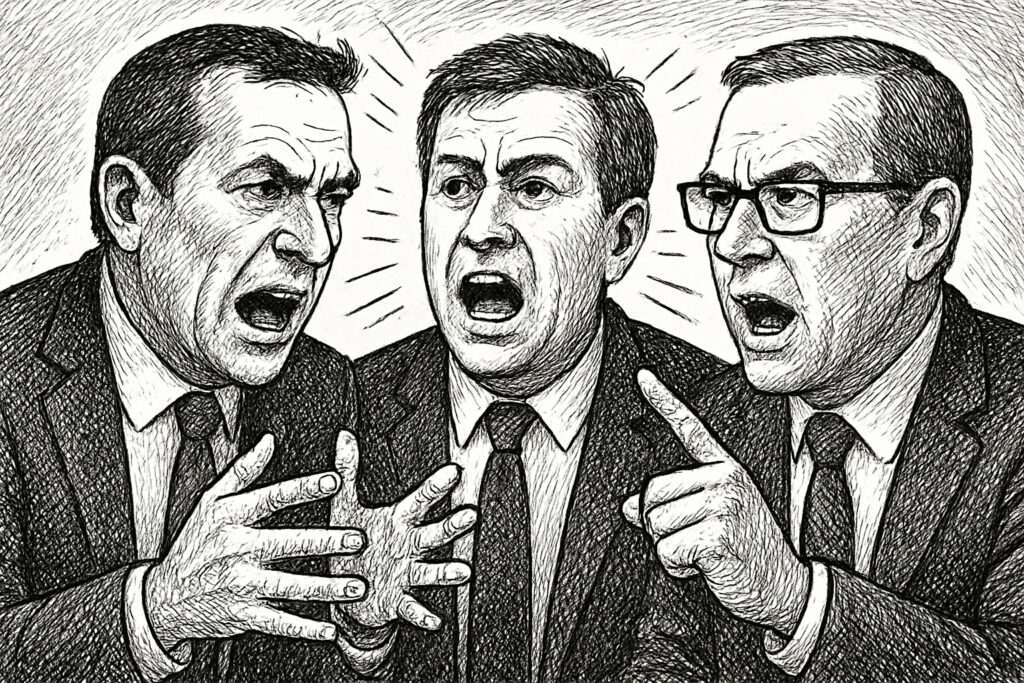Everything pundits say falls into two categories: stuff that’s obvious and trivial — and stuff that’s not obvious and wrong.
Of course, that’s an overstatement. But the exaggeration captures a real frustration: so much of what they say adds nothing new. It’s either obvious and already known, or — when it comes to predictions and interpretations — it’s often no better than a coin toss.
Take the obvious stuff — they’re usually right about that. For example: Trump’s hostile rhetoric toward Canada, including his “51st state” comments and his tariffs, triggered a surge of national unity and badly damaged the Conservative brand. Poilievre’s messaging, which had mimicked Trump’s tone for years, suddenly became politically toxic. It’s not surprising that Canadians recoiled. Everyone saw that coming. Pundits repeated it as if it were insight.

But then they start reaching. After the English-language leaders’ debate, some pundits declared that Carney underperformed because he “didn’t sound like a politician” — that he was too natural, too plainspoken. Meanwhile, Singh and Poilievre were praised for their polish, their rhythm, their jabs. In other words, for sounding practiced — the tone that makes normal folks cringe. What people (at least some) hate about politicians: the smug certainty, the habit of interrupting and talking over others, the dodging of direct questions, the rehearsed outrage, the empty slogans, and the smirks that seem to say, “I’m not answering that, and you can’t make me.” The idea that speaking like a normal person is a disadvantage in politics somehow passed as analysis. As if fluency in platitudes is what voters are actually hungry for.
Political pundits get the easy stuff right and completely fumble anything that requires thought.
This isn’t just a Canadian problem. In much of the Anglosphere — especially in the U.S., the U.K., and to a lesser extent Canada — pundits confuse the performance of authority with the substance of it. If someone sounds polished, they must have won. If someone hesitates or speaks plainly, they must be weak. That’s the metric — not whether the argument made sense in a real way. When a politician answers well, pundits do notice — but so does everyone else. It’s just more of the obvious dressed up as commentary.
Maybe the real issue is that punditry isn’t about analysis. It’s performance, dressed up as expertise. It’s entertainment, disguised as insight. It’s confidence, mistaken for truth.